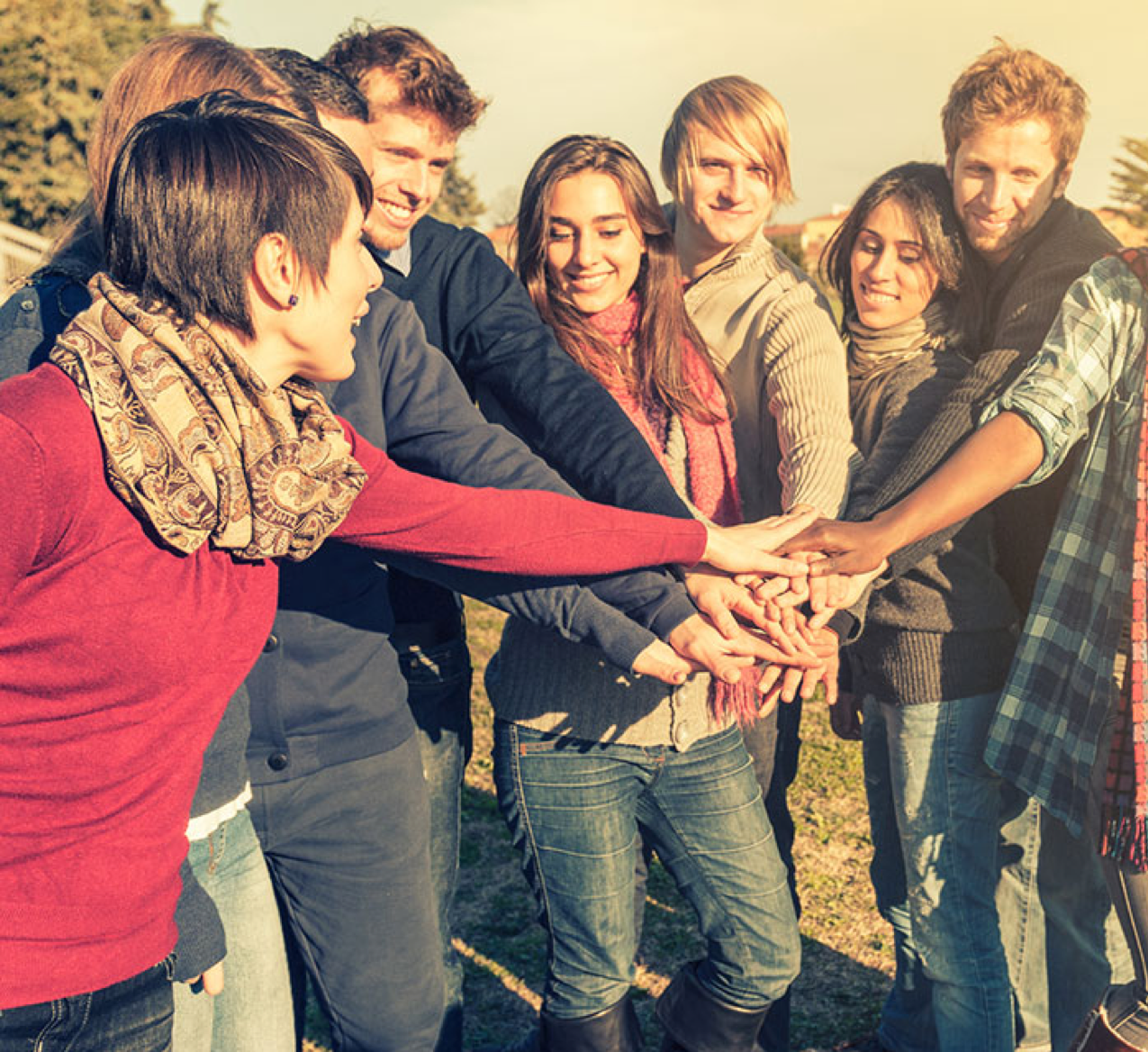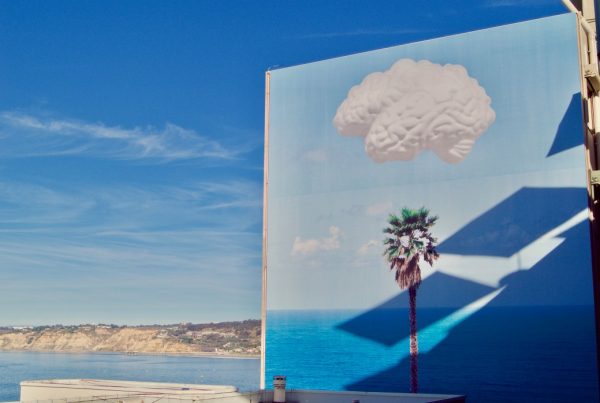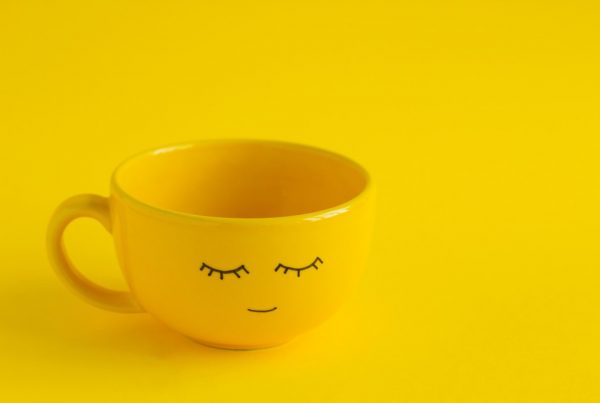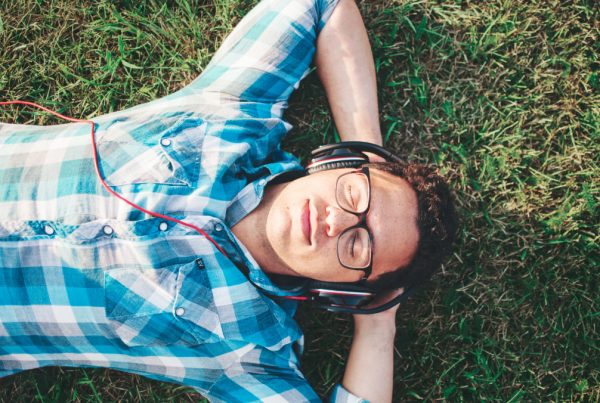Symptoms of Social Anxiety.
Social anxiety is characterized by irrational fears, feelings, and negative physical reactions in social situations. There are two types of social anxiety:
1) Generalized Social Anxiety: Anxiety that occurs in every social situation a person encounters
2) Non-generalized Social Anxiety: Anxiety that is specific to certain social situations. For example, a person might be terrified of public speaking.
These two types of anxiety characterize different levels of social anxiety. However, they can both be identified by the same symptoms:
-
Irrational fear of being judged or rejected by others in social settings
-
Fear of speaking in social settings
-
Avoiding social settings all together
-
Excessively overthinking conversations and actions before and after the fact
-
Fear of failure
-
Hypersensitivity
-
Sweating
-
Trembling
-
Nausea
What Causes Social Anxiety
One of the problems with social anxiety is poor self-esteem. And it feels like it’s somehow your fault. That social anxiety is a moral failure. Or could have been caused by a crappy childhood.
Nothing could be further from the truth. Social anxiety is primarily a chemistry imbalance in your brain. And if this balance of neurotransmitters and their systems can be restored, you should be relieved of social anxiety symptoms.
Anxiety is a Neurotransmitter Problem
Your brain is governed by multiple neurotransmitter systems. The most extensive of these are GABA (gamma-aminobutyric acid) and glutamate.
The other three neurotransmitter systems – serotonin, dopamine and norepinephrine – have also been studied extensively in both normal states, and states of anxiety.
And we know that each of these neurotransmitters play a role in anxiety because there are prescription drug therapies that affect each one.
But social anxiety is not caused by a deficiency in one neurotransmitter or another. The networks governed by these neurotransmitters are interrelated, have multiple feedback loops, and sport complex receptor structures.
This is why you may have had little success with your anxiety, and using a prescription SSRI or MAOI. And why nootropics – especially adaptogens – could be your answer. More on that in a minute.
So if you have been led to believe by others that the primary culprit associated with social anxiety are GABA or glutamate. And that Phenibut or Aniracetam are guaranteed to relieve your social anxiety issues. You have not been given the full story about what’s causing your anxiety.
How Nootropics Can Enhance Social Interaction
Phosphatidylserine (PS)
Phosphatidylserine may help soothe social anxiety by counteracting stress in the body. Specifically, phosphatidylserine has proven to reduce the effects of exercise-induced stress caused by cortisone release in males. When it comes to women, PS may lead to a decrease in symptoms of anxiety and more interest in socialization for the elderly.
PS achieves these two anxiety support activities in a similar way: By slowing the production of cortisol, which the body might be producing in excess in reaction to stress factors. High cortisol levels can create blood pressure concerns, which may contribute to social anxiety symptoms as well.
Bacopa Monnieri
Bacopa Monnieri is an adaptogen herb that may help balance the mood in stressful situations — nicely complementing the anti-stress effects of PS. Studies on Bacopa Monnieri show it has the potential to help improve symptoms of anxiety with prolonged use. It also has shown to have little to no side effects, making it extremely safe. However, more research should be done to determine whether consuming it can specifically soothe any symptoms of social anxiety.
Rhodiola Rosea
Rhodiola rosea is an herbal adaptogen that may also help women soothe symptoms of social anxiety. While it is known for reducing stress and improving performance under stress, it has also shown some promise for reducing symptoms of stress associated with generalized anxiety.
Specifically, rhodiola rosea has proven to reduce self-assessed generalized anxiety scores significantly when administered to those experiencing symptoms. Keep in mind, however, that general anxiety is somewhat different from social anxiety.
L-Theanine
L-Theanine is one of the main amino acids in green tea. It is often used for relaxation and has proven anti-stress effects. For example, it may decrease stress in the brain and body by reducing the arousal of cortisone and slowing down heart rate.
L-Theanine is also known to activate Alpha waves in the brain, supporting broad-spectrum effects all tied to relaxation and mood enhancement. Studies show it can help to reduce anxiety and balance blood pressure in reaction to stressful situations.
Vitamins B6, B9, B12
B vitamins are essential nutrients necessary to maintain myriad healthy body and brain functions.
One study shows that essential B vitamins (along with fatty acids and zinc), may be helpful in reducing stress and anxiety related to menopause and premenstrual syndrome in women.
Researchers suggested the B-Vitamins might work on stress by decreasing secretion of salivary cortisol. Specifically, nootropic vitamin B6 has been suggested to help soothe symptoms of anxiety in elderly women.
Alternatives to SSRI’s, MAOI’s and other anti-anxiety drugs
Rather than separate these into how each affects the various neurotransmitters that affect social anxiety. I’m listing them in alphabetical order.
Please do the research on each nootropic before trying it. Especially if you are currently using prescription anti-anxiety drugs.
-
Aniracetam – This member of the racetam-family of nootropics works with dopamine D2 and D3 receptors in your brain. And desensitizes AMPA (glutamate) receptors. Aniracetam is one of the most effective antidepressants I’ve ever tried. And its effects on dopamine in your brain can have a profound effect on anxiety symptoms.
-
Ashwagandha – This adaptogen has been used for millennia to relieve anxiety, fatigue, restore energy and boost concentration. Clinical studies have shown Ashwagandha to repair and even reverse damage caused in the brain caused by chronic anxiety and stress.
-
Cacao – Cacao and dark chocolate (75%+ cacao) stimulates the release of phenylethylamine (PEA) which boosts focus and awareness. And anandamide (the bliss molecule) which helps you feel good. Cacao is a source of tryptophan which is the precursor to serotonin. And theobromine which boosts blood flow, is a stimulant and may account for chocolate’s aphrodisiac qualities.
-
Folate – Vitamin B9 (folate) is used by your brain to make dopamine, norepinephrine and serotonin. Folate is involved in gene expression, amino acid synthesis, and myelin synthesis and repair. It’s even involved in the cerebral circulation. Powerful anti-anxiety treatment in this B-vitamin.
-
Ginkgo Biloba – This tree native to China has been used for thousands of years to boost mental alertness, improve cerebral circulation and for overall brain function. Many have found Ginkgo to be very effective in reducing stress and anxiety. And boosting mood.
-
Ginseng – Panax ginseng has been used as a memory booster, improves mood, lowers anxiety levels and boosts stamina and endurance.
-
Gotu Kola – Gotu kola is one of the most important herbs in ancient Ayurvedic medicine. This herb helps boost nerve growth factor which can have a profound effect on anxiety. Many reports that Gotu kola maybe even more effective in reducing anxiety and relieving stress than Ashwagandha.
-
Kava – Kava is native to the South Pacific. And the islanders use kava for its sedative effects. Kava can help reduce anxiety and improve mood. Unlike benzodiazepines, kava does not impair cognitive function. In fact, studies show kava may boost cognitive function.
-
Lemon Balm – Lemon balm is used for its anti-anxiety effects. Rosmarinic acid, a compound found in lemon balm, inhibits the GABA transaminase enzyme. Which in turn helps maintain adequate levels of GABA in your brain. Resulting in a calming effect.
-
Lion’s Mane – Lion’s Mane Mushroom boosts brain nerve growth factor which increases neurogenesis. Lion’s Mane can help improve focus and attention, boost thinking, repair brain cells, help depression and anxiety, and manage other neurological problems like Alzheimer’s, dementia, Parkinson’s and muscular dystrophy.
-
Phenibut – Phenibut is a GABA agonist and primarily binds to the GABA-b receptor. GABA-a receptor agonists include alcohol and benzodiazepines. Phenibut can have a sedative effect, and has strong anti-anxiety qualities. It can be used to combat depression, improve mood, cognitive function, and motivation.
-
Phenylalanine – This amino acid is a precursor to the synthesis of tyrosine in your brain. Tyrosine then helps in the formation and utilization of the neurotransmitters dopamine, epinephrine, norepinephrine, and melatonin. Helping to relieve anxiety, and chronic pain. And boost focus and motivation.
-
Picamilon – Picamilon is a combination of niacin (Vitamin B3) and GABA. Similar to Phenibut, Picamilon improves memory, concentration, motivation, focus, has strong anti-anxiety properties, and can lower blood pressure.
-
St. John’s wort – This plant has been traditionally used for mood disorders and wound healing. Today it’s used mostly as a treatment for anxiety, depression, and stress. St. John’s wort works like prescription SSRI’s by preventing reuptake of serotonin in your brain. But please read the precautions for using this nootropic in the extended article.
Tryptophan – This amino acid is a precursor to serotonin, melatonin, and niacin (Vitamin B3) in your brain. L-Tryptophan is used to treat anxiety, ADHD, depression, insomnia, memory loss, pain, and eating disorders.





